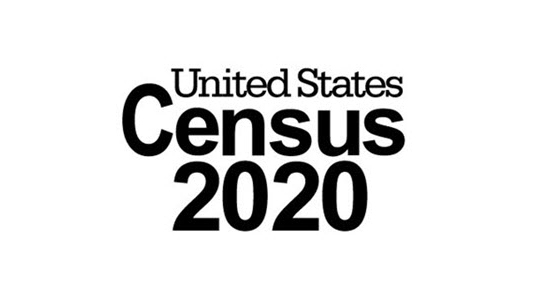Bernie Sanders has been fighting for American working class families for his entire political career, since he was first elected as mayor of Burlington, Vermont. Prior to his election, he was involved in the Civil Rights Movement in the 1960s, where Sanders participated in the March on Washington in 1963, and worked to organize student-led desegregation movements while a student at the University of Chicago.
From his early days of student-activism he moved onto political office, and won his first term as mayor in 1981, where he was elected by a margin of ten votes. During his first term as mayor, the ruling class of Burlington tried to thwart every initiative he created in an attempt to limit him to one term as mayor. After being reelected for a second term, the city also elected a more progressive city council that would work with Sanders to achieve his progressive ideals. His successes in Burlington included creating and protecting affordable housing for working class families, and focusing small business towards pro-community and pro-employee policies.
In 1990, Sanders ran successfully for the United States House of Representatives where he was elected as an independent. Sanders worked across party lines to achieve reforms. As a U.S. Representative, he vocally opposed the repeal of Glass-Steagall, the law which prohibited investment banks from merging with commercial banks. In 2006, Sanders ran for the U.S. Senate, also as an independent, and defeated a better-funded opponent.
In 2010, Sanders made history by filibustering for more than eight hours to oppose the extension of the Bush-era tax cuts for the wealthy. This became the subject for his book: The Speech: A Historic Filibuster on Corporate Greed and the Decline of Our Middle Class.
In May 2015, Sanders announced his bid for the Democratic nomination. Being a comparable underdog to the Hillary Clinton political-machine, his candidacy was initially viewed as one to just push her left on issues and keep her honest.
This view was further reinforced by his refusal to have a Super PAC and firm insistence on running a positive, issues-oriented campaign. Many were dubious that he would be able to stay competitive, however, after the first fundraising deadline, the FEC filing revealed him as a viable competitor.
By the second deadline, he was only short of Hillary Clinton’s fundraising amount by $2 million. The majority of his donations come from small-dollar donors and the average donation is just $35. Having raised almost $41 million from 650,000 contributors, it is easy to argue that Sanders’ campaign is truly about the people.
On issues such as healthcare and Wall Street reform, Sanders is the most left-leaning member of both major parties. He is regarded as the most ideologically pure member of the United States Senate, and has a record of passing the most amendments to legislation during his tenure in the United States House of Representatives. This has helped Sanders to effect reforms in small pieces.
He favors people-centric policies that are sometimes viewed as opposition to business interests. He favors a single-payer healthcare system, so seeking medical attention doesn’t lead to the potential of bankruptcy.
The Wall Street Journal originally posted an article breaking down his tax plan and claimed that it would cost $18 trillion over ten years, with the majority coming from his single-payer Medicare-for-all plan. However, other economists chimed in, stating that the plan would actually save almost $5 trillion over that same decade. Former Labor Secretary Robert Reich has spoken very favorably of Bernie Sanders’ economic plan and championed his cause for income equality.
While domestic policy is Sanders’ strong-suit, it was evident in the first Democratic debate that his biggest weakness is his inexperience with foreign policy.
His lack of military service and lack of service on foreign affairs committees in Congress demonstrates his inexperience. Several responses to debate questions on foreign policy were shaky and definitely unrehearsed. In comparison, Hillary Clinton had strong answers to these questions, given her history as Secretary of State under the Obama Administration.
Despite the tough race he finds himself in for the presidential nomination, Bernie Sanders is surging and creating an unprecedented grassroots movement that can help to push him to win the nomination.
See Also:




'Senator Bernie Sanders' has no comments
Be the first to comment this post!